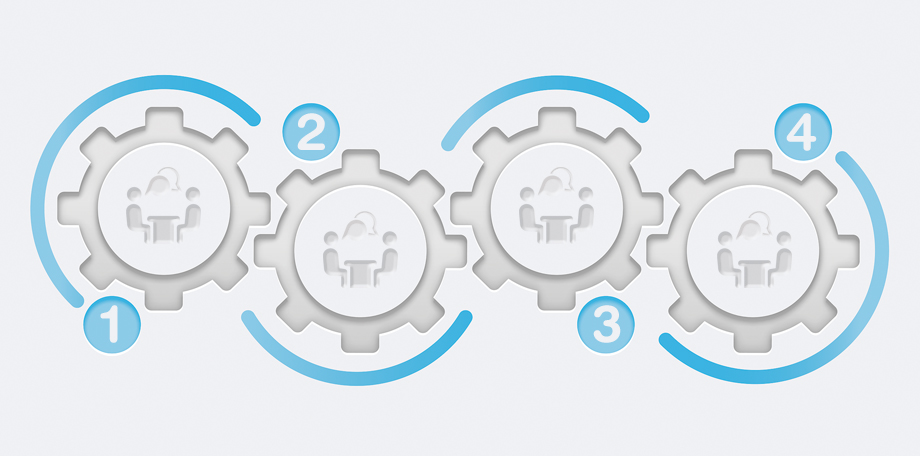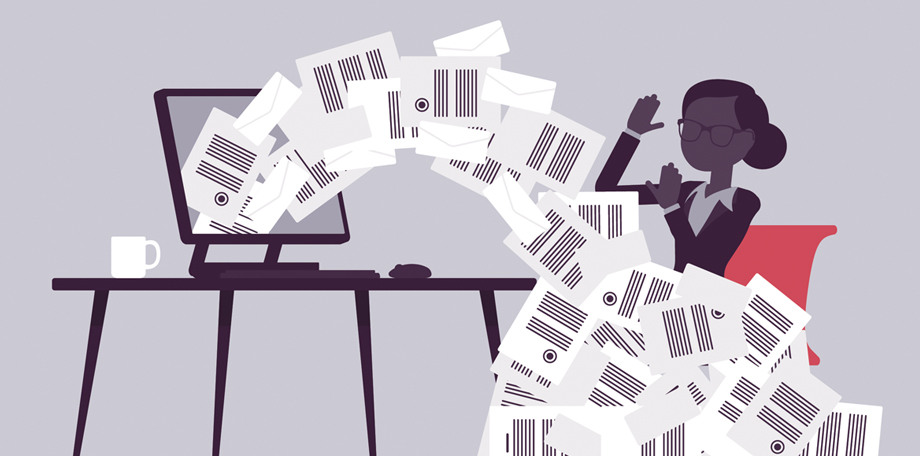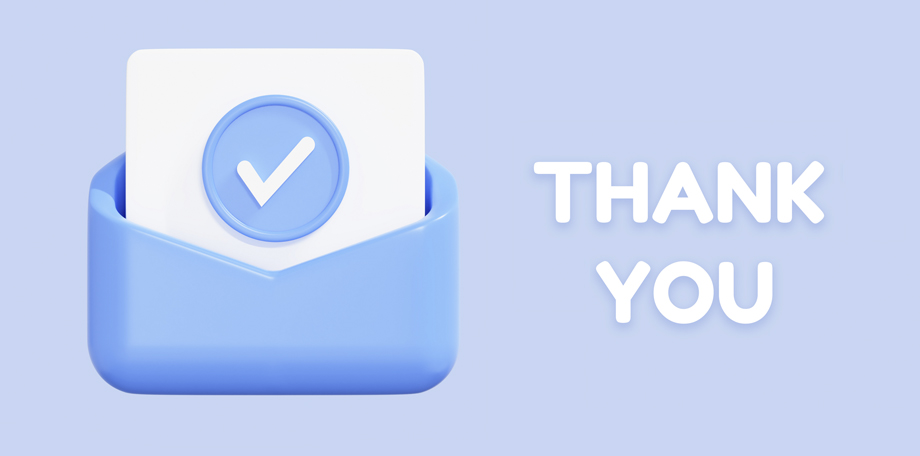What if I told you your follow up to a job interview should happen before the interview is even over? There’s one question I always have my coaching clients ask the interviewer at the end of the interview: Is there anything you heard today in my answers to your questions or anything you saw on my resume that concerns you?
On at least two different occasions, someone went from not being hired to being hired simply because asking this question gave them an opportunity to correct a misunderstanding by the interviewer or they were able to persuade the interviewer of something that they were concerned about by giving more context and color to the situation. Not to mention that if the interviewer is honest with you, this feedback will give you an understanding of where potential gaps may be in your interview skills or resume. It’s a fantastic question, so add it to your interview repertoire.
Now that the interview is over, it can be tempting to sit back and wait for the phone or ring or email to come announcing a job offer. But many people are perplexed – and seriously disappointed – when that offer fails to materialize.
The reality is, there’s stiff competition for top talent although the number of long-term unemployed recently fell to below its pre-pandemic baseline, according to the U.S. Department of Labor. The numbers may seem stacked against you:
- On average, each corporate job offer attracts 250 resumes. Of those candidates, four to six will get called for an interview, according to Glassdoor.
- 75% of resumes are rejected by Applicant Tracking Systems (ATS). ATS is a tool used by over 90% of employers to parse and sort resume submissions.
Related: Why You Should Think Twice about Writing your own Resume
If you want to be the person who gets hired for the job, you have to stand out among the other candidates — and for all the right reasons.
4 Essential Steps for Interview Follow Up
While the interview itself is your greatest chance to make a good impression, following up after the interview is an integral part of the journey to a job offer.
These four steps can dramatically improve your chances of landing the job.
- Perform a self-assessment right after the interview.
Schedule 15 minutes immediately after the interview to take notes and do a self-assessment. If it was a Zoom interview from home, find a quiet place to sit and reflect. If it was in-person in an office, head to the nearest coffee shop. You want to do this immediately after the interview because you will lose the capacity to recall details as time goes on, and you don’t want to lose that valuable data.
Write down everything you can remember about the interview. What questions were asked? What topics seemed most important to the interviewer(s)? What did you learn about the company? Think about any questions posed during the interview that you might want to revisit in your thank-you email (discussed in more detail below).
Highlight any questions you aren’t sure you answered effectively or any other questions that caught you off guard. Formulate and practice your responses to them so that you can answer with confidence if they come up again in future interviews. My flashcard method may seem like an elementary way to approach interview prep, but it works.
Finally, evaluate your performance during the interview. Did you make any interview blunders? Make note of any time you had an emotional or visceral response to a question. Ask yourself why you reacted that way. Did you panic? That’s a sign there’s a weakness there, so unpack that so that you can understand what you may be hiding or defending and be able to address it confidently next time.
2. Send a thank-you email ASAP.
The most important thing you can do after a job interview — whether it took place by phone, video or in person — is to thank your interviewer(s). Write this thank-you email right after your self-assessment, while the interview is fresh in your mind and in those 15 minutes you blocked off from your calendar. Sending your thank-you email right away will not only reiterate your enthusiasm for the position; it will also help you stand out from the crowd.
Address an email to each person who met with you, personalizing the message. Begin your message by expressing your appreciation (e.g., “I’d like to thank you for taking the time to discuss the managing director position at Acme Services with me today”). Next, reiterate your interest (“After learning more about the position, I remain extremely interested in contributing to your team and company”). Finally, remind the interviewer of your skills and abilities. If you have a strong background in a particular area, this is the time to highlight it (“I feel that my four years of experience as Communications Manager at Atlas Publishing, in addition to my strong writing and proofreading skills, make me uniquely qualified for the position”). Bring something forward from your interview so that the recipient(s) will realize it’s not just a generic thank you note.
3. Respect follow-up instructions.
Before you leave a job interview, make sure you understand the company’s timeline and protocol for hiring. If the hiring manager provides you with any instructions, follow them carefully. If they ask you to provide a list of three references via email, send three references via email — not by phone. While you may have really hit it off with your potential new boss, keep your boundaries professional. Hold off on connecting with them on LinkedIn or even friending them on Facebook until you establish a working relationship.
Lastly, recognize that there’s a very fine line between showing enthusiasm for the opportunity and being a nuisance; use common sense to navigate it. In some cases, it might be appropriate to follow up with a phone call a week or two after the interview to check the status of the position. When placing a phone call to a potential employer, leave a clear, succinct message if the interviewer doesn’t answer — and then leave the ball in their court.
4. Maintain the momentum of your job search.
If you leave the interview convinced that you and this job are a perfect match, that’s great! But it’s dangerous to assume that the hiring manager felt the same way. Even if they did, many factors can get in the way of an offer — including budget cuts that put the position on the back burner, candidates whose qualifications are a better match for the job than yours or the CEO’s decision to promote from within the company. Give yourself time to digest the interview, and then continue your job search — the very next day. The offer may come in a few days, a couple of weeks or longer; in the meantime, you owe it to yourself to continue to explore other opportunities.
I’ve seen many clients who make the mistake of sitting back and doing nothing while waiting to hear back from an interviewer. When that call never comes, they’re devastated. Some even become depressed, making it harder to resume their job search. The job search journey doesn’t end after the interview; it continues up until the minute you accept an offer. Let it go. Move on. The worst thing that could happen is that you have two offers to consider at once.
Learn more about Career Coaching



